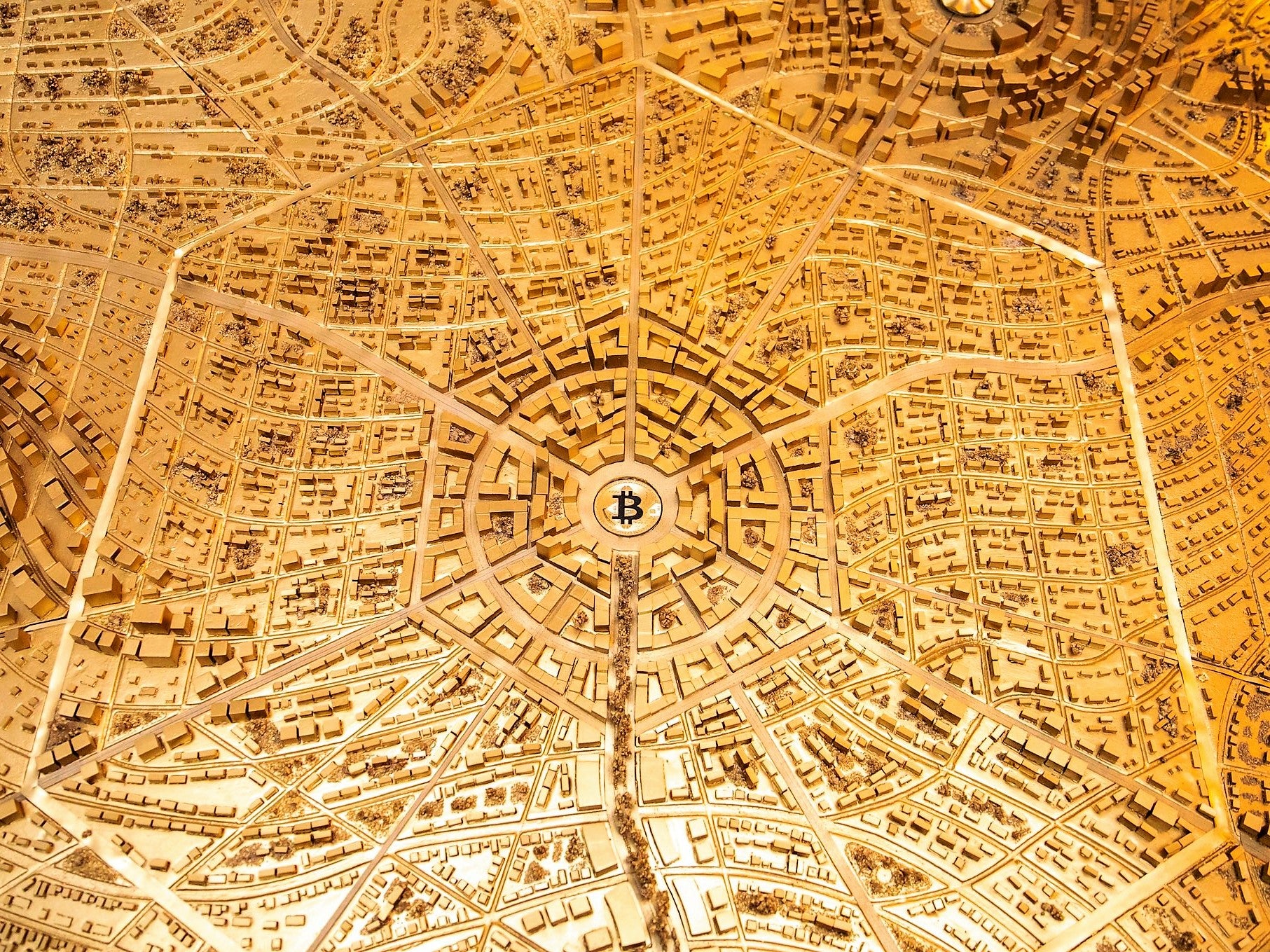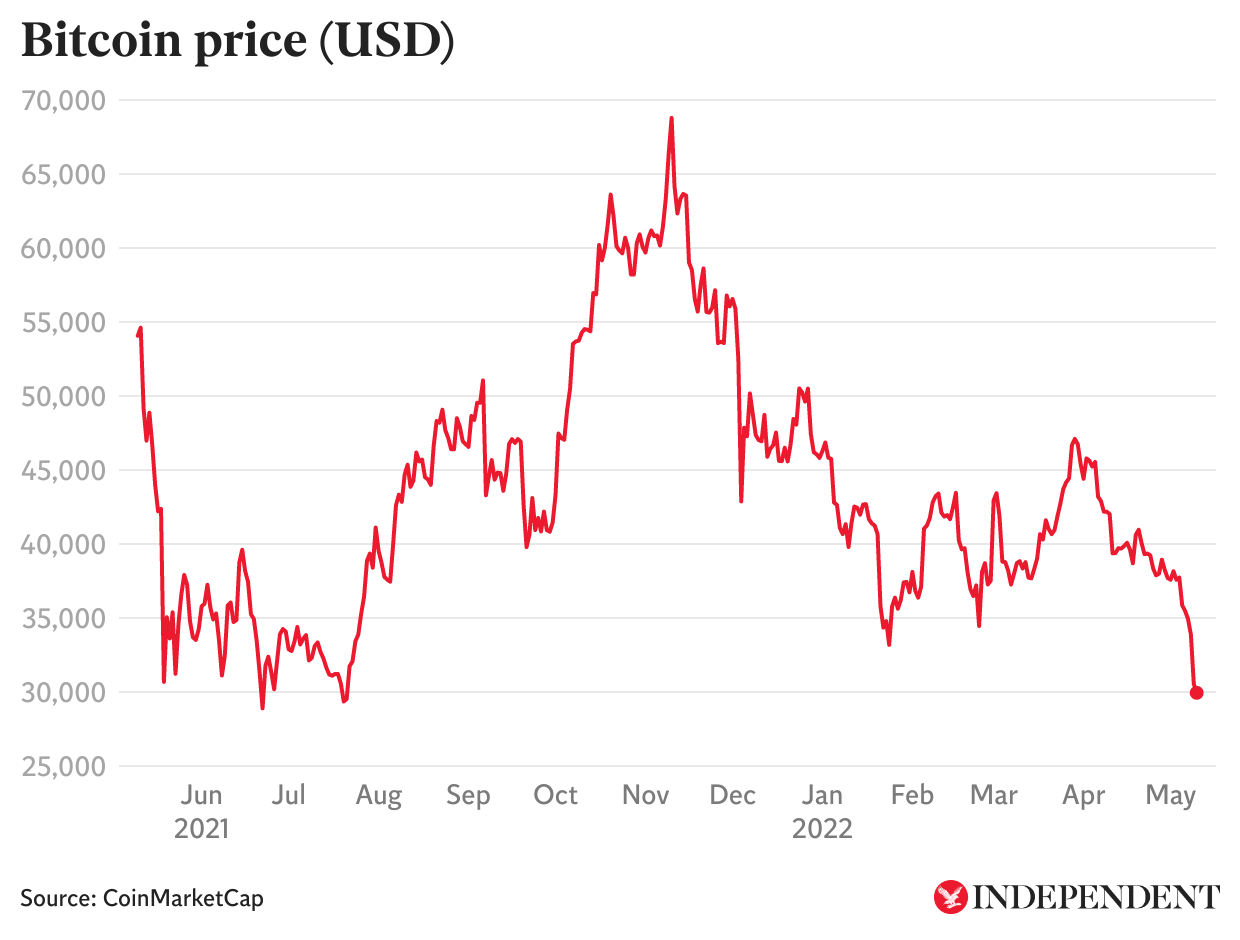Bitcoin City: El Salvador president unveils layout of ‘crypto utopia’
Flagship project of BTC-loving president is being built in the shadow of a volcano

Your support helps us to tell the story
From reproductive rights to climate change to Big Tech, The Independent is on the ground when the story is developing. Whether it's investigating the financials of Elon Musk's pro-Trump PAC or producing our latest documentary, 'The A Word', which shines a light on the American women fighting for reproductive rights, we know how important it is to parse out the facts from the messaging.
At such a critical moment in US history, we need reporters on the ground. Your donation allows us to keep sending journalists to speak to both sides of the story.
The Independent is trusted by Americans across the entire political spectrum. And unlike many other quality news outlets, we choose not to lock Americans out of our reporting and analysis with paywalls. We believe quality journalism should be available to everyone, paid for by those who can afford it.
Your support makes all the difference.El Salvador President Nayib Bukele has revealed what the as-yet unbuilt Bitcoin City will look like, saying that its development is “coming along beautifully”.
President Bukele posted pictures of a scale model of the crypto-fuelled city, which will be constructed near the Conchagua volcano on the Gulf of Fonseca in the south-east of the Central American country.
It is a flagship project for the bitcoin-loving president, who is one of the most prominent advocates of the digital currency.
The unveiling of the architectural designs and mocked up images of Bitcoin City come amid a major slump for the crypto market, which has fallen in value by more than 50 per cent since its all-time high last November.
El Salvador, which became the first country in the world to adopt bitcoin as an official currency last year, has invested millions of dollars of government funds into the cryptocurrency, making yet another purchase on Monday when BTC was trading just above $30,000.
President Bukele tweeted that El Salvador had “just bought the dip”, acquiring an additional 500 coins for just over $15 million. The country now holds 2,301 bought at an average price of $36,585.
Bitcoin City, which was first announced at the Latin American Bitcoin and Blockchain Conference six months ago, is being built with the hope of encouraging economic growth and attracting foreign investment.
There will be no property, income or municipal taxes, nor will it produce any carbon dioxide emissions, with some enthusiasts describing it as a “crypto utopia”.
Geothermal energy from the volcano will be used to power the city, as well as to mine bitcoin – the energy-intensive process of generating new units of the cryptocurrency.
It is still early days in the ambitious nationwide crypto experiment, with its roll-out proving divisive among citizens.
A recent survey by the US-based National Bureau of Economic Research suggested that only 20 per cent of Salvadoreans are actually paying for goods and services using bitcoin, with most still relying on the US dollar.
The International Monetary Fund (IMF) has also warned that adopting bitcoin as legal tender “entails large risks for financial and market integrity, financial stability, and consumer protection”.

Bitcoin’s volatility is one of the main arguments against using it as an everyday currency, with price fluctuations over the last year seeing it swing between $29,000 and $69,000 against the US dollar.
Despite the IMF’s warnings, Central African Republic became the second country in the world to embrace bitcoin last month by making it an official currency.

Join our commenting forum
Join thought-provoking conversations, follow other Independent readers and see their replies
Comments